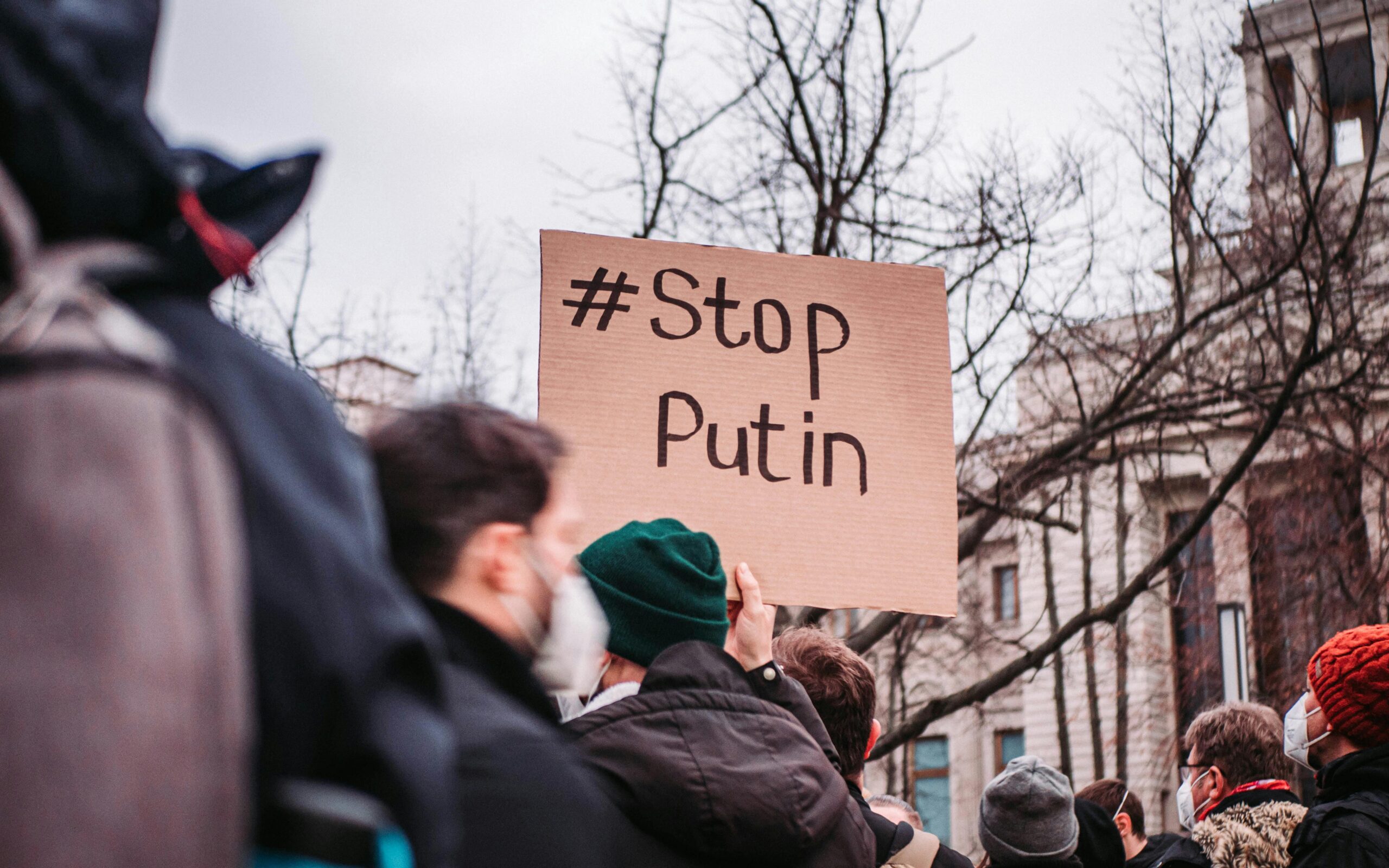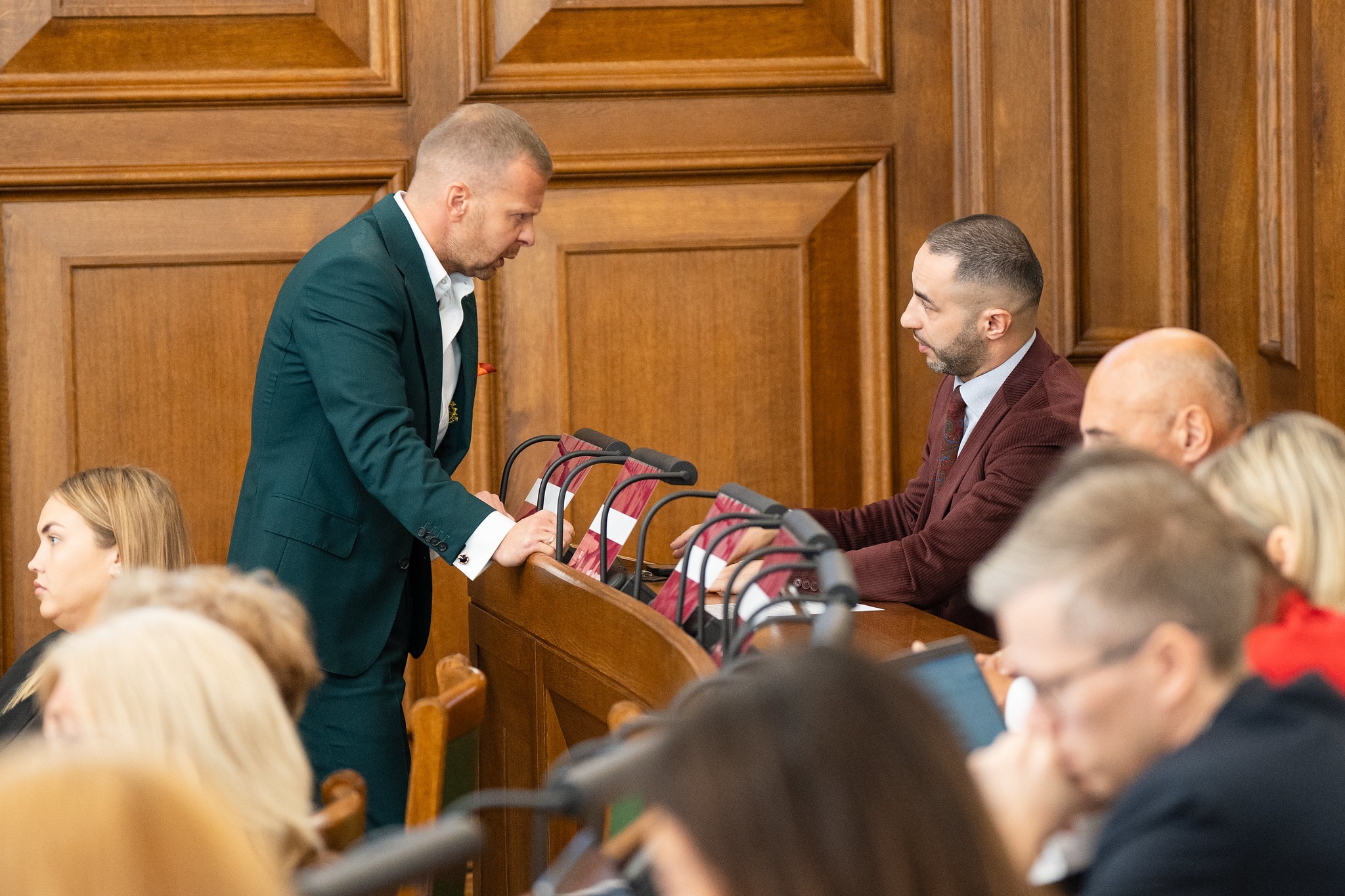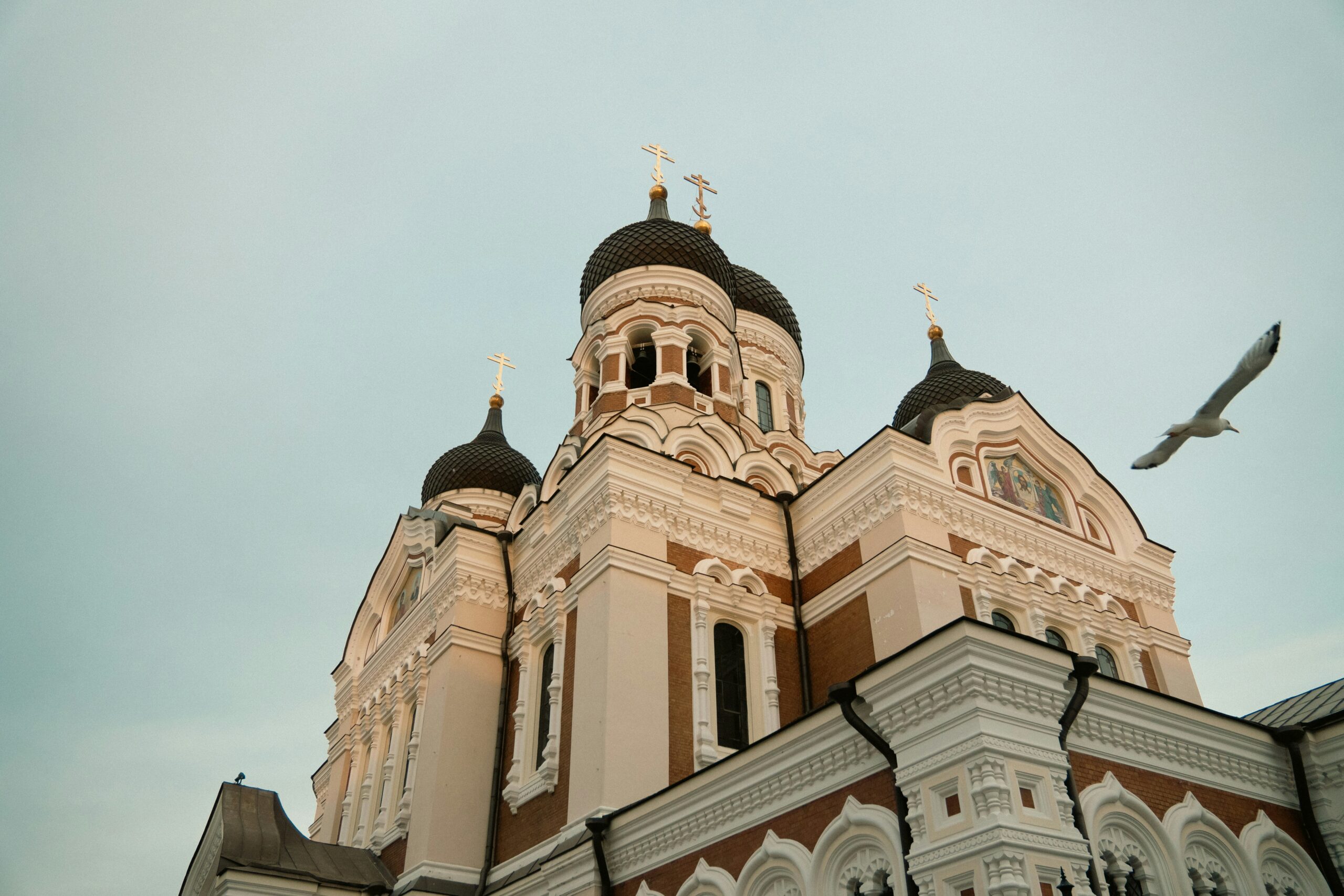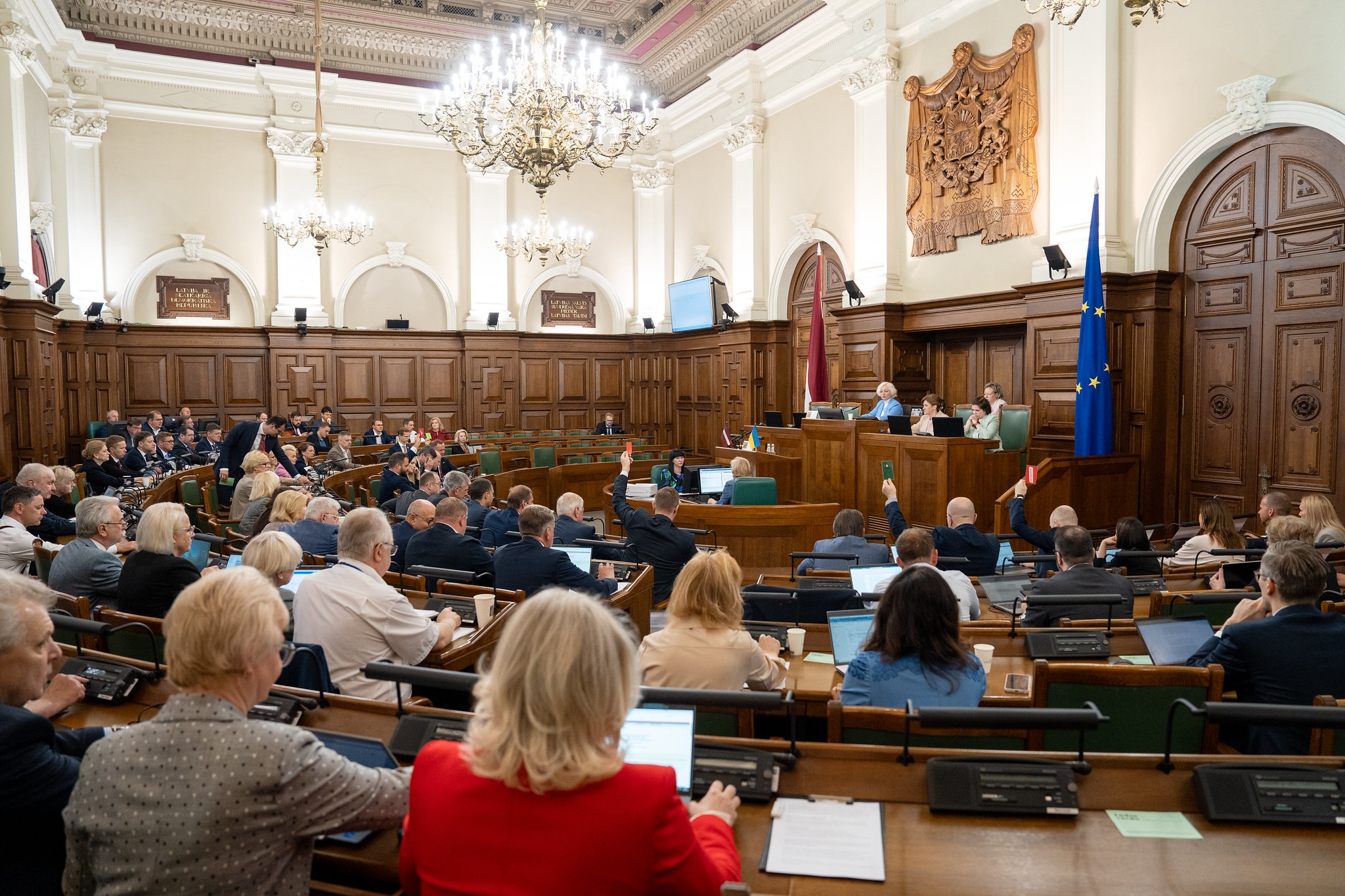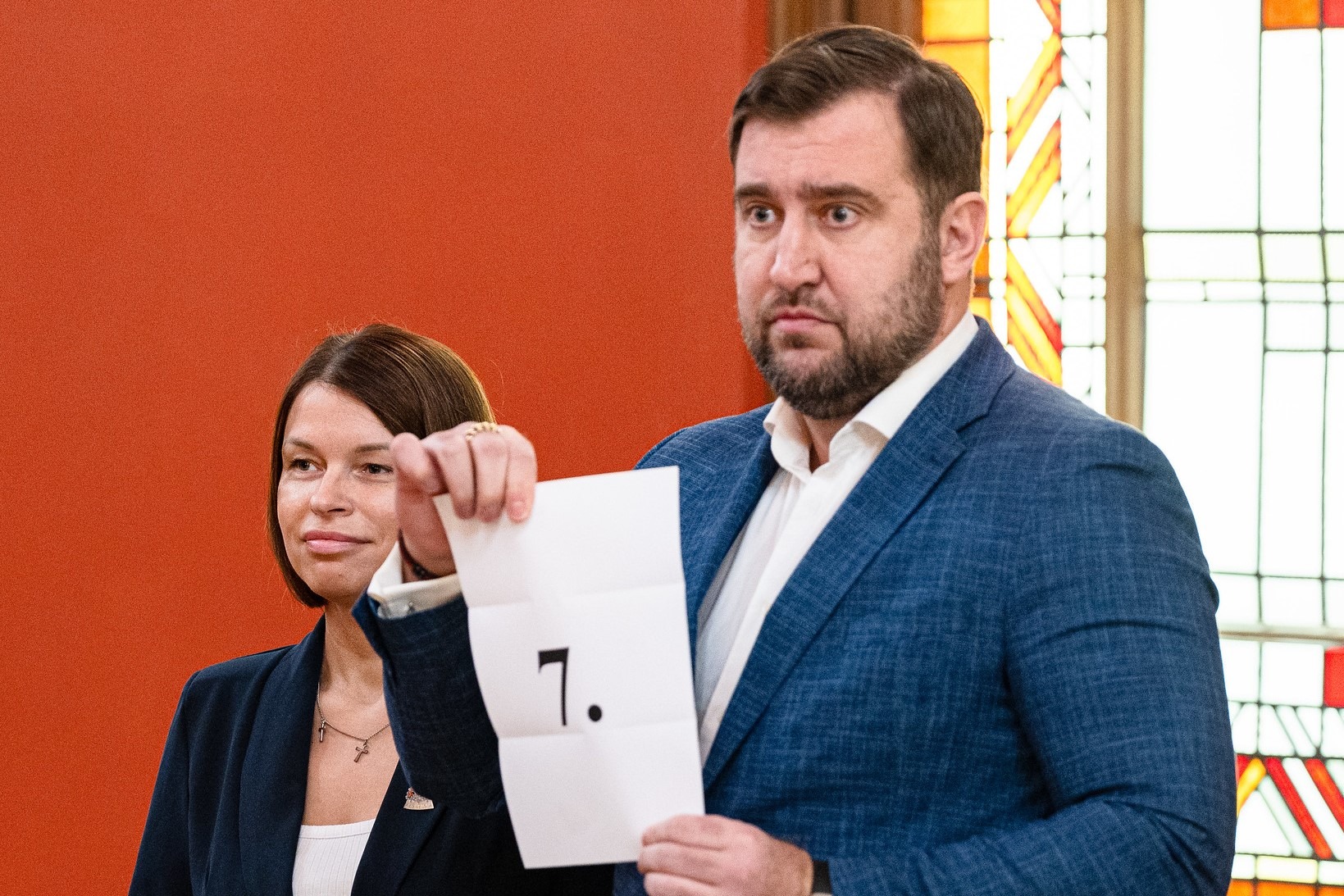Report
Estonia Weekly: Satirical “Olivier Salad Ban” Rumour Fuels Russophobia
Pro-Kremlin online voices in Estonia amplified both fabricated claims about cultural repression and criticism of long queues at the Narva border, framing these measures as evidence of “Russophobia.”
Weekly Reports
Estonia Weekly: Middle East Tensions Fuel Anti-Western Rhetoric
A former journalist has been sentenced to six years in prison in Estonia for treason and for promoting Kremlin propaganda. Meanwhile, social media commentators accused the West of hypocrisy in the wake of Israeli attacks on Iran.
Read moreLithuania Weekly: Kremlin-Aligned Media Amplifies Anti-Ukraine Narratives
Pro-Kremlin voices in Lithuania reignited criticism of Ukraine and Lithuanian foreign policy following a major Ukrainian strike against Russian air forces. Malign actors mocked President Nausėda’s call for continued support to Ukraine and questioned NATO’s reliability, while pushing disinformation about looming civil unrest and vilifying the Lithuanian Riflemen’s Union as a threat to national stability.
Read moreLatvia Weekly: Roslikovs’ Outburst Sparks a Viral Storm
Party National Alliance and leader of Stability party Aleksejs Roslikovs created a major political scandal. The National Alliance proposed a declaration in the Parliament calling to restrict use of Russian language in public spaces (which was rejected by the Parliament). Roslikovs reacted to this proposal using inflammatory language and gestures in the Parliament. This incident clearly illustrates how nationalist and Russian political parties exploit each other’s actions to fuel both domestic tensions and Kremlin’s propaganda narratives.
Read moreEstonia Weekly: Cultural Renamings and Climbing Unemployment Fuel De-Russification Fears
Pro-Kremlin commentators have criticized Estonia’s government for its worst unemployment rate in 12 years, citing targeted policies against Russian speakers and Russian culture in Estonia.
Read moreLithuania Weekly: Vaitkus Award Controversy Used to Undermine the Government
Kremlin-aligned media in Lithuania continued to amplify the fallout from Eduardas Vaitkus’s award revocation, portraying it as a symbol of authoritarianism and political bias. The narrative was echoed by publisher Vitas Tomkus, whose provocative protest framed state honors as tools of loyalty, reinforcing broader efforts to discredit Lithuania’s leadership and its Western alignment.
Read moreLatvia Weekly: the Use of Social Media to Cast Government as Threat
The Alliance of Young Latvians positioned themselves as sole defenders of public safety and minority rights by highlighting criminal incidents in Riga, promoting anti-immigration sentiment, and repeatedly showcasing anonymous hateful comments towards their leaders. They were constructing an anti-establishment narrative that portrays them as the only politicians genuinely concerned about public safety, environmental risks, and persecution of Russian speakers.
Read moreEstonia Weekly: Pride Event Sparks Backlash as Kremlin-Aligned Narratives Resurface
Tallinn’s Pride event drew backlash from pro-Kremlin voices accusing Estonia of eroding traditional values and sidelining economic priorities. Speculative posts about police training with water cannons were used to stoke fears of government repression, highlighting how neutral events can be twisted to fuel disinformation.
Read moreLithuania Weekly: Kremlin Narratives Turn Austerity into a Punchline
Government claims that rising taxes are tied to national defense sparked ridicule from Kremlin-aligned commentators. Satirical slogans and memes painted austerity as a cover for elite interests, with sarcastic quips like, “Land Rovers for 120k won’t buy themselves – let’s all chip in!”
Read moreLatvia Weekly: Exploiting a Viral Video to Reinforce Ethnic Bias Claims
The Alliance of Young Latvians extensively exploited a viral video of a woman at a judo competition shouting “Wipe your tears! It doesn’t matter! He’s Russian!” to her son, with both leaders making multiple posts attacking the woman personally and investigating her political connections. This coordinated response demonstrates how the party amplifies isolated incidents to construct broader narratives about systematic anti-Russian discrimination within Latvia’s political establishment.
Read moreShowing 73 to 81 of 334 results
Don’t miss a story.
We publish stories that change laws, lives, minds and the world. Subscribe to our newsletter to get our investigations delivered to your inbox.

